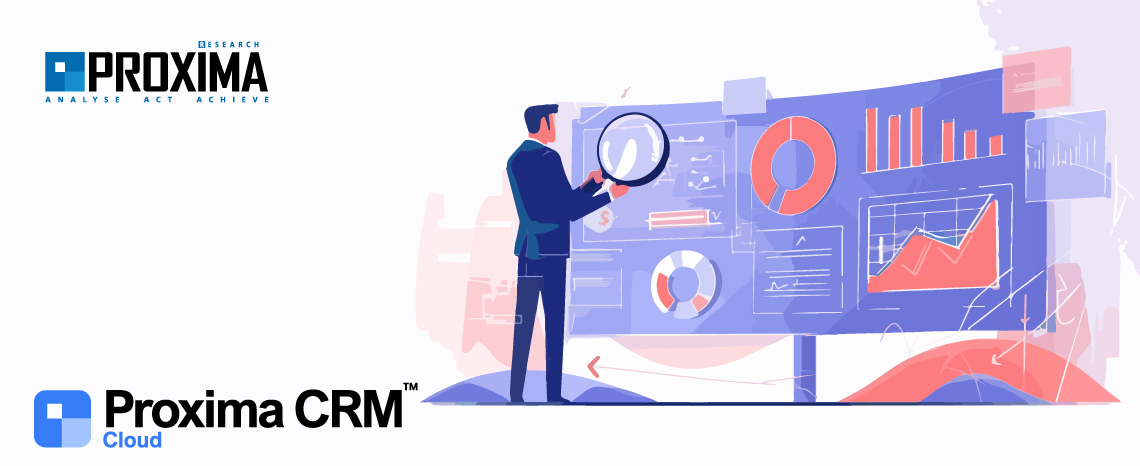
Effectively engaging healthcare professionals (HCPs) requires a coordinated and impactful marketing approach. By leveraging omnichannel marketing strategies, pharmaceutical companies can ensure personalized and consistent communication across multiple touchpoints. This not only enhances HCP engagement but also improves patient outcomes through timely information sharing. Proxima Research International specializes in optimizing pharmaceutical campaigns with a focus on automation and omnichannel strategies, providing unique solutions that set it apart from competitors.
Omnichannel marketing is a customer-centric approach that integrates all communication channels, ensuring a unified experience for HCPs and patients. Unlike multichannel marketing, where each platform operates independently, omnichannel connects these platforms, allowing for a seamless flow of information. This approach is crucial in the pharmaceutical sector, where timely, accurate, and personalized messaging is essential.
For instance, using an omnichannel marketing platform, companies can track interactions with HCPs, adjusting content and delivery methods based on real-time data. This improves communication, strengthens relationships, and optimizes campaign effectiveness.
Proxima Research International stands out in the field of omnichannel marketing by providing tailored solutions that enhance campaign performance and distinguish it from its competitors. Key offerings include:
Both omnichannel and multichannel marketing aim to reach HCPs, but their approaches differ. Efficiency: Omnichannel involves multiple independent channels (e.g., email, social media), often resulting in fragmented experiences. Omnichannel marketing integrates these channels, delivering a cohesive and personalized message.
For example, in an omnichannel approach, an HCP interacting with a social media campaign might receive a follow-up email or SMS message tailored to their previous interaction. In contrast, multichannel marketing might deliver the same message across platforms without connecting to prior touchpoints, potentially leading to repetition or missed opportunities.
Investing in Proxima’s omnichannel marketing solutions for medical campaigns ensures that pharmaceutical companies can connect with healthcare professionals more effectively, increasing campaign efficiency and results.
Automation is critical in optimizing omnichannel medical marketing, helping pharmaceutical companies streamline processes and enhance campaign efficiency. By utilizing omnichannel medical marketing automation tools, companies can automate workflows, reduce manual tasks, and deliver personalized content to HCPs at the right moment.
Integrating automation into omnichannel marketing improves campaign efficiency and enhances engagement by providing the right content to the right audience at the right time.
As we advance into 2025, omnichannel pharma marketing trends are increasingly focusing on advanced technologies such as artificial intelligence (AI), machine learning (ML), and data analytics. These technologies provide deeper insights into HCP behavior, allowing for better optimization of marketing strategies.
Emerging tools in omnichannel marketing include AI-powered platforms, advanced data analytics tools, and customer relationship management (CRM) systems. These tools enable pharmaceutical companies to create more effective, data-driven campaigns.
The future of pharmaceutical marketing lies in omnichannel strategies and automation, offering personalized and efficient communication with healthcare professionals. Companies that embrace these emerging trends will be better positioned to engage HCPs, improve patient outcomes, and optimize their marketing investments.
Ready to enhance your own omnichannel marketing strategy? Contact the Proxima Research International team to learn how our solutions can help your business thrive. Fill out our contact form here to take the next step toward a more efficient, data-driven marketing approach.
By clicking the “Subscribe” button, you consent to the processing of personal data and the receipt of electronic messages about Proxima Research products and services, and you agree to our Terms of Use. Your data will be processed in accordance with our Privacy Policy. You can unsubscribe at any time.
or